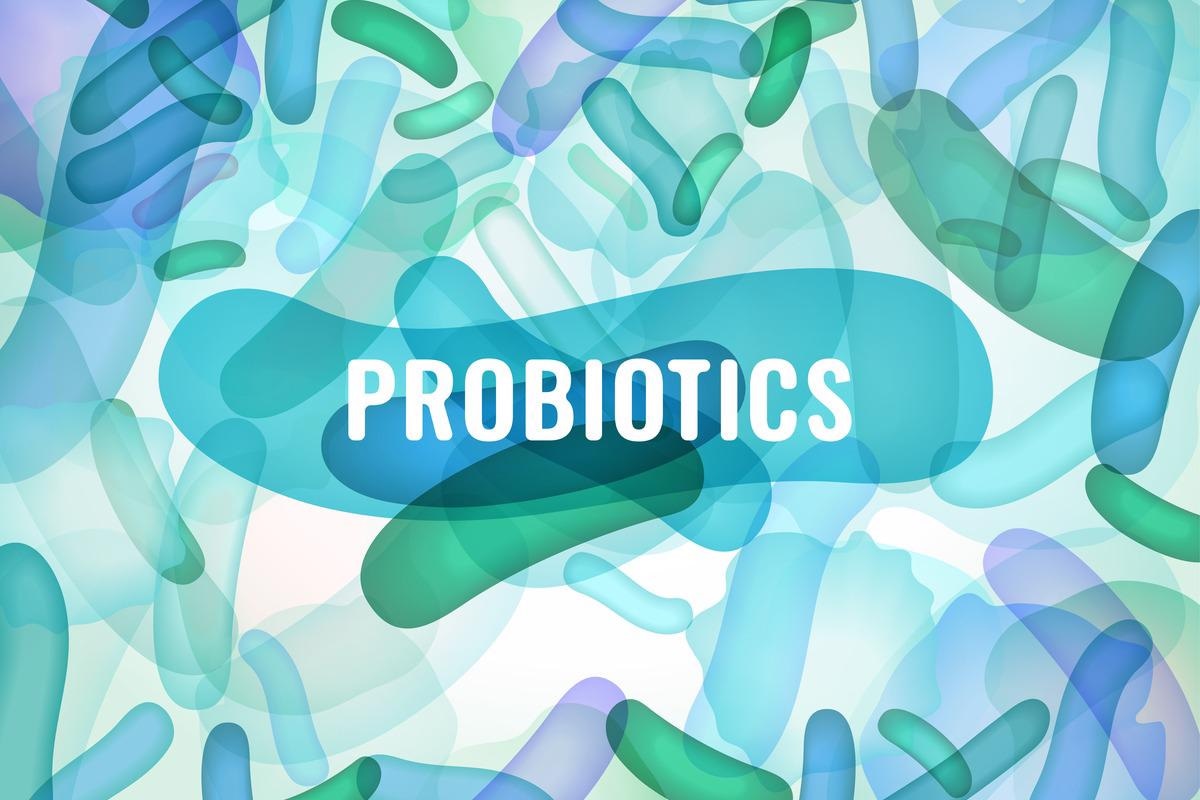A recent randomized clinical trial from the United States (US) shows how daily use of Lactobacillus rhamnosus GG (LGG) probiotic may protect against symptom development in instances when it is used as post-exposure prophylaxis within seven days after exposure to severe acute respiratory syndrome coronavirus 2 (SARS‑CoV‑2).
Study: Daily Lactobacillus Probiotic versus Placebo in COVID-19-Exposed Household Contacts (PROTECT-EHC): A Randomized Clinical Trial. Image Credit: Double Brain/Shutterstock
The paper is currently available on bioRxiv* preprint server while it undergoes peer review.Alongside a pervasive use of vaccines, additional safe, economically accessible, and rapidly implementable strategies will be pivotal in our battle against the coronavirus disease 2019 (COVID-19) pandemic caused bySARS-CoV-2.
Emerging evidence implies that general susceptibility to infectious agents may be diminished by probiotic interventions. More specifically, the use of probiotics may manipulate intestinal microbiota and, in turn, modulate human immune system and its inflammatory responses.
Recent studies suggest that prophylaxis with bacterial Lactobacillus species can particularly halt the development of upper and lower respiratory tract infections, improve outcomes in cases of ventilator-associated pneumonia, and even reduce sepsis burden in healthy infants.
Hence, probiotics may be a widely useful and low-risk modality to mitigate the risk of coronavirus disease 2019 (COVID-19) disease, most notably in regions and areas with low vaccine availability or uptake. Among them, LGG is the most promising one, as it showed good results in different clinical trials and in vivo experiments.
Consequently, a research group from the US led by Dr. Paul E. Wischmeyer and Helen Tang from the Duke University School of Medicine aimed to explore the purported benefits of daily use of LGG in COVID-19-exposed household contacts.
A randomized, placebo-controlled trial
To answer their research question, these researchers have conducted a randomized, placebo-controlled, double-blind trial across the US, testing the probiotic LGG as post-COVID-19-exposure prophylaxis.
They have enrolled a total of 182 individuals older than one year of age that had household contact with a recent (i.e., less than seven days) diagnosis of COVID-19. These participants were randomized to either receive daily LGG or placebo for the duration of 28 days. Furthermore, their stool was collected in order to evaluate the microbiome.
Study hypothesis was that LGG prophylaxis would actually decrease the incidence of symptoms compatible with COVID-19 within 28 days (primary endpoint), but also the number of confirmed diagnoses of COVID-19 infection.
Lower COVID-19 symptom burden
By pursuing the intention-to-treat analysis, the researchers have found that participants who were taking LGG were less likely to develop symptoms by day 28 in comparison to those that took the placebo. Moreover, participants taking LGG had a substantially prolonged time to symptom onset.
Even though there was a trend to decreased COVID-19 burden in participants randomized to receive LGG, this finding was not statistically significant. In addition, there were no sex-related differences, while older study participants were more likely to report symptomatic disease.
Finally, microbiome analysis clearly showed how study participants who received LGG had a substantially greater abundance of Lactobacillus rhamnosus in their gut in comparison to those who received only placebo, in conjunction with a significant change in the overall structure of resident gut microorganisms.
Microorganisms as partners against COVID-19
In short, these findings suggest that LGG probiotic may confer certain protection against the development of COVID-19 infection, but its value is also in halting symptom development when introduced as post-exposure prophylaxis within seven days after exposure.
While limited in sample size, our study suggests that LGG is well-tolerated and is associated with prolonged time to development of COVID-19 infection, reduced symptomatic disease, and changes to gut microbiome structure”, say the study authors.
“Further investigation of LGG probiotic intervention in larger randomized controlled trials is warranted, including comparison of pre-exposure vs. post-exposure prophylaxis with LGG probiotic in high-risk populations”, they emphasize.
These results support the notion that our symbiotic microorganisms, our own gut microflora, can be viewed as indispensable partners in the fight against COVID-19, but also against potentially other pandemic diseases in the future.
*Important notice
medRxiv publishes preliminary scientific reports that are not peer-reviewed and, therefore, should not be regarded as conclusive, guide clinical practice/health-related behavior, or treated as established information.
